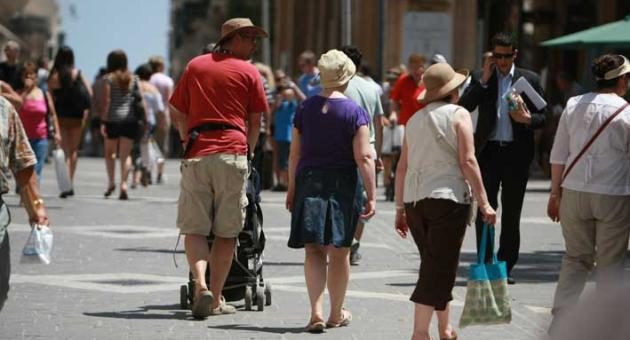
The European Commission has published this morning an information note on clarifying rights of package travel customers in the context of mass cancellation of travel. ECTAA welcomes this updated information note on the rights of package travel customers, but still hopes for more.
Brussels 19 March 2020. In an effort to contain the covid-19 spread, governments around the world have taken the decision to ban travel and close their borders. This leads to the mass cancellation of travel. The Information note provides clarification and concrete examples of the rights that customers are entitled to under the European consumer protection legislation on package travel.
Among other, the information note clarifies that the travel warnings issued by governments and the closing of borders constitute ‘exceptional circumstances’. The organiser can cancel the package travel contract without a penalty fee and the traveller has the right to get a full refund of any payments made for the package, within 14 days after termination of the contract.
However, the Commission recognises that the massive amount of refund claims coupled with the missing new bookings is putting an enormous strain on liquidity of organisers. It thus invites travellers to consider accepting a postponement of their package travel to a later date, rather than a refund. It specifies: “Having regard to the current uncertainty to make travel plans, that could be done by means of a credit note (so-called “voucher”). However, the traveller should have the possibility to ask for a full refund if, eventually, he or she does not make use of the voucher. Moreover, it should be ensured that the voucher is covered by appropriate insolvency protection.”
Said Pawel Niewiadomski, President of ECTAA: “We welcome the pragmatism taken by the European Commission. The consumer retains his right to refund but is advised to consider a voucher for future travel rather than an immediate refund, which will accelerate the financial demise of the travel agent. There is nothing to gain for the customer if the travel agents go bankrupt, as the guarantee systems in place will not be able to absorb all the refund claims of consumers.”
It is now up to Member States to ensure that these solutions are implemented as quickly as possible. ECTAA strongly invites all the stakeholders, including organisers, insurance companies, travel guarantee funds, guarantee issuing banks, etc. to work together very quickly at national level to include these vouchers in the guarantee system, in order to protect customers’ money in case of the bankruptcy of an organiser.
In addition, it is also of the utmost importance that these measures are accompanied by financial support to the whole value chain of the travel industry, including travel agents and tour operators, as provided by Art 107(3)b) of the Treaty. The set-up of a temporary compensation fund from which travellers could claim for any difference between the package price paid and the refund or price
reduction could be the most cost-efficient solution to ensure a timely compensation of consumer while being in line with the recommendations in the communication on a coordinated economic response to the covid-19 outbreak.
Pawel Niewiadomski concluded: “We will continue working closely with the European Commission as things further evolve. We want to ensure the best service for our customers. But what good are we to customers, when we are bankrupt?”